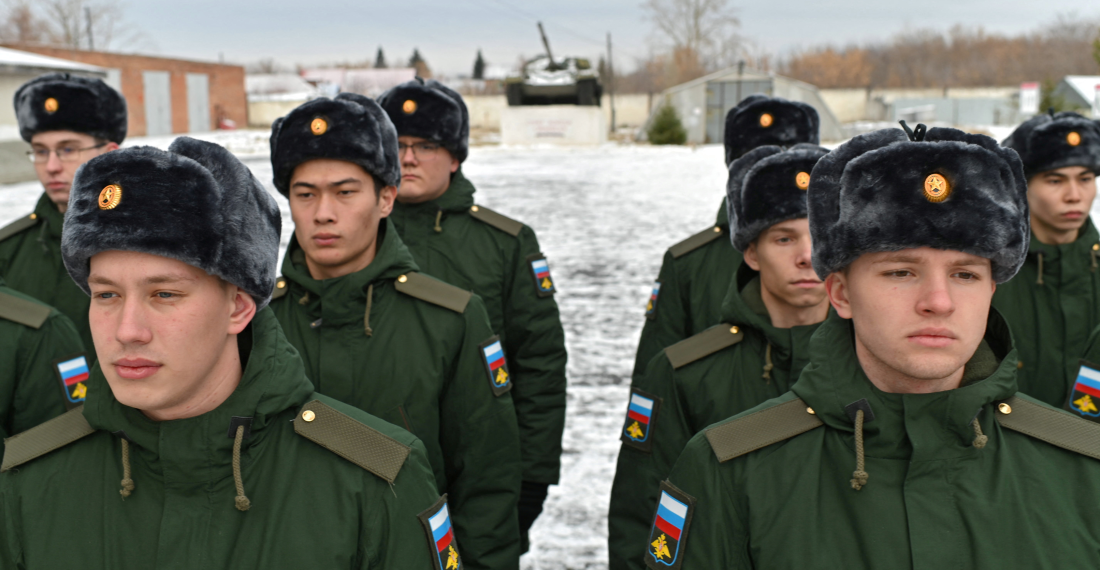On Tuesday (11 April), the Russian State Duma adopted a bill to create a digital unified register of Russian citizens eligible for military service in an apparent attempt to crack down on draft dodgers.
According to the Institute for the Study of War, the register will harvest Russians' personal details - including medical, educational, and residence history, foreign citizenship status, and insurance and tax data - to establish whether someone is eligible.
The draft law also approves summonses to be issued online. In the past, summonses have had to be delivered in person or to an employer, meaning that many have avoided the draft by moving away from where they live, or by not opening the door to military officials.
If the summoned individual does not appear at the draft office within 20 days, they will be banned from driving vehicles, buying or selling real estate, and taking out loans, as well as leaving the country.
Creating the register is likely a method to replace some of the "colossal losses" that Russia has faced in recent days, particularly near the settlements of Avdiivka and Marinka, according to the Ukrainian military.
Ukraine has "much of the capability" for military success
Speaking at a press conference on Tuesday (11 April), the US Defence Secretary Lloyd Austin has said that he is confident Ukraine has "much of the capability" for military success when asked about the impact of leaked Pentagon documents, in which US doubts were expressed about Ukraine's chances of success in its forthcoming counteroffensive.
"We trained an enormous number of troops, we provided a substantial number of platforms. I think he (Ukrainian Defense Minister Oleksii Reznikov) feels that they are in a pretty good position," Austin said.
Austin also confirmed that only the Ukrainian President Volodymyr Zelensky and his leadership know the full details of the upcoming counteroffensive plans. A few days ago, the National Security and Defense Council head Oleksii Danilov said that "no more than five people" know about the plans.
source: commonspace.eu with agencies
photo: Reuters






